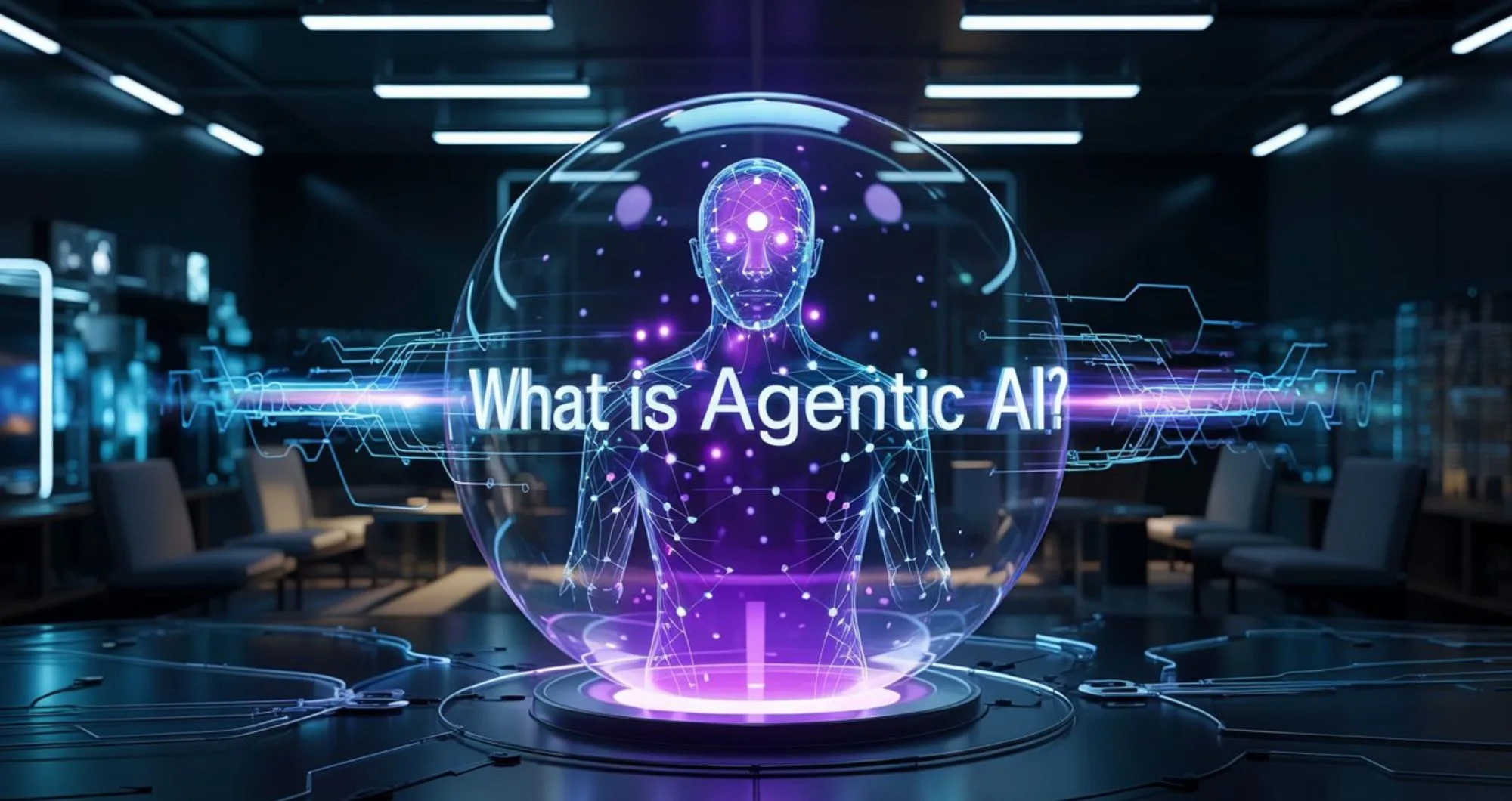Four significant changes in AI are highlighted in Accenture’s 25th Tech Vision study, which serves as a sort of yearly telescope for company executives looking to the future of technology. One of these, “Your Face in the Future,” seems especially suited for the insurance sector.
This has nothing to do with makeup. It has to do with character. In particular, the personality of the AI agents that your clients will communicate with. Because your brand will eventually be represented by those digital faces.
The Development of Agentic AI: Beyond Voices

Generative AI is given form—sometimes literally—by agentic AI. These are more than merely response-spitting data engines. They are artificial intelligence (AI) agents with voices, gestures, personalities, and tones. They can be humanoid bots, chat interfaces, or avatars. They may come out as kind and sympathetic, or as witty and informal. They are becoming more and more like humans, regardless of flavor.
Insurers are also taking notice. Indeed, according to 56% of executives, generative AI will have the most influence on customer relationships, which are traditionally based on emotional intelligence, nuance, and trust.
What Kind of Person Is Your AI?

This is an odd but crucial query: What would happen if your AI entered a room? Would it give a high five or a handshake? Do you talk softly or firmly?
Because chatbots are beginning to blend together, and the businesses that create them run the risk of becoming lost in a sea of algorithmic homogeneity.
Nike and Lemonade are two companies who have long recognized the importance of tone: unique, empowering, and quirky. That tone can now become an actual voice, though. That elusive “brand personality” is brought to life with agentic AI. It is no longer merely a style manual guideline. It is a speaking, living, and adaptable interface.
1.Customer Experience: The Human Touch at Scale Insurance is very intimate and frequently enters people’s lives at times of instability and vulnerability. This is where artificial intelligence (AI) may excel—not as a substitute for human empathy, but as a scalable manifestation of it.
Consider this scenario: a consumer posts a video of a little altercation. Within minutes, an AI agent who is kind, composed, and fully knowledgeable about the customer’s past examines the video, reads the policy coverage, and suggests next steps. No switching between departments. No evasive promises. Just shrewd, emotionally astute assistance.
Indeed, according to 94% of insurance executives, an AI’s comprehension of context—including past purchases, behavior, and demographics—is essential to developing a consistent, helpful personality. In the meantime, 74% anticipate that within five years, multimodal AI—which includes speech, video, drone footage, etc.—will be the cornerstone of the consumer experience.
Furthermore, this is not merely reactive. Proactively anticipating pain spots and providing new products, services, or nudges based on previous talks are characteristics of the greatest agentic systems. It is more concierge than chatbot.
2.The Experience of Workers: Using AI, Not for It

AI is neither a job-snatcher nor a robot overlord inside the company. It is a partner in thought. AI agents can handle repetitive tasks, cross-reference complex information, and uncover insights before a person even knows what to ask in underwriting, claims, marketing, and other areas.
This allows people to focus on their strengths, which are strategy, empathy, and adaptation. Agentic AI may work quietly and effectively in the background to summarize calls, create rapid risk assessments, or speed up decision-making, freeing up your staff to concentrate on the high-value, high-emotion tasks that truly make a difference.
3.Agent & Broker Experience: Extremely Tailored, Extremely Practical
The holy grail for advisors and brokers is personalization. You gain greater credibility if your recommendation is more customized. You write more business you write, the more trust you gain.
The chaos is made more precise by agentic AI. It can quickly surface product matches and pricing recommendations by dynamically taking into account risk appetite, geography, client mood, and previous data.
Trust and a Brand’s Soul

Naturally, without trust, none of this is possible. Consumers must think that your AI respects their information, is honest, and embodies the principles of your company.
Gaining confidence in AI interactions is now a strategic necessity, according to three out of four insurance executives.
How is it done? Start by teaching AI systems your true brand voice, which includes intent, attitude, and empathy in addition to words. Establish moral limits. Keep an eye on them frequently. Be open and honest about the capabilities and limitations of your AI. Additionally, always, always provide choices for escalation, privacy, and genuine human interaction.
Your AI should not be a drone used for surveillance. It ought to serve as a manual, a support system, and a true manifestation of your brand’s essence.
Irish Life’s CARA

With its Agentic AI system, CARA (short for Claims AI Reasoning Assistant), Irish Life is one business that is already doing this correctly.
CARA processes claims with remarkable attention and quickness thanks to multimodal AI. CARA can cut down processing time from weeks to half a day, from analyzing medical records to matching complexity with the appropriate assessor.
The outcomes? more satisfied clients. more efficient workers. increased spirits. All of this is provided by a digital assistant that seems to genuinely care.
Moving Toward a Future of Highly Tailored Insurance
One-size-fits-all coverage is coming to an end. Additionally, from underwriting to renewal, from initial contact to final payout, agentic AI is bringing in a new era of personalized, customized services.






Comments
quqekg